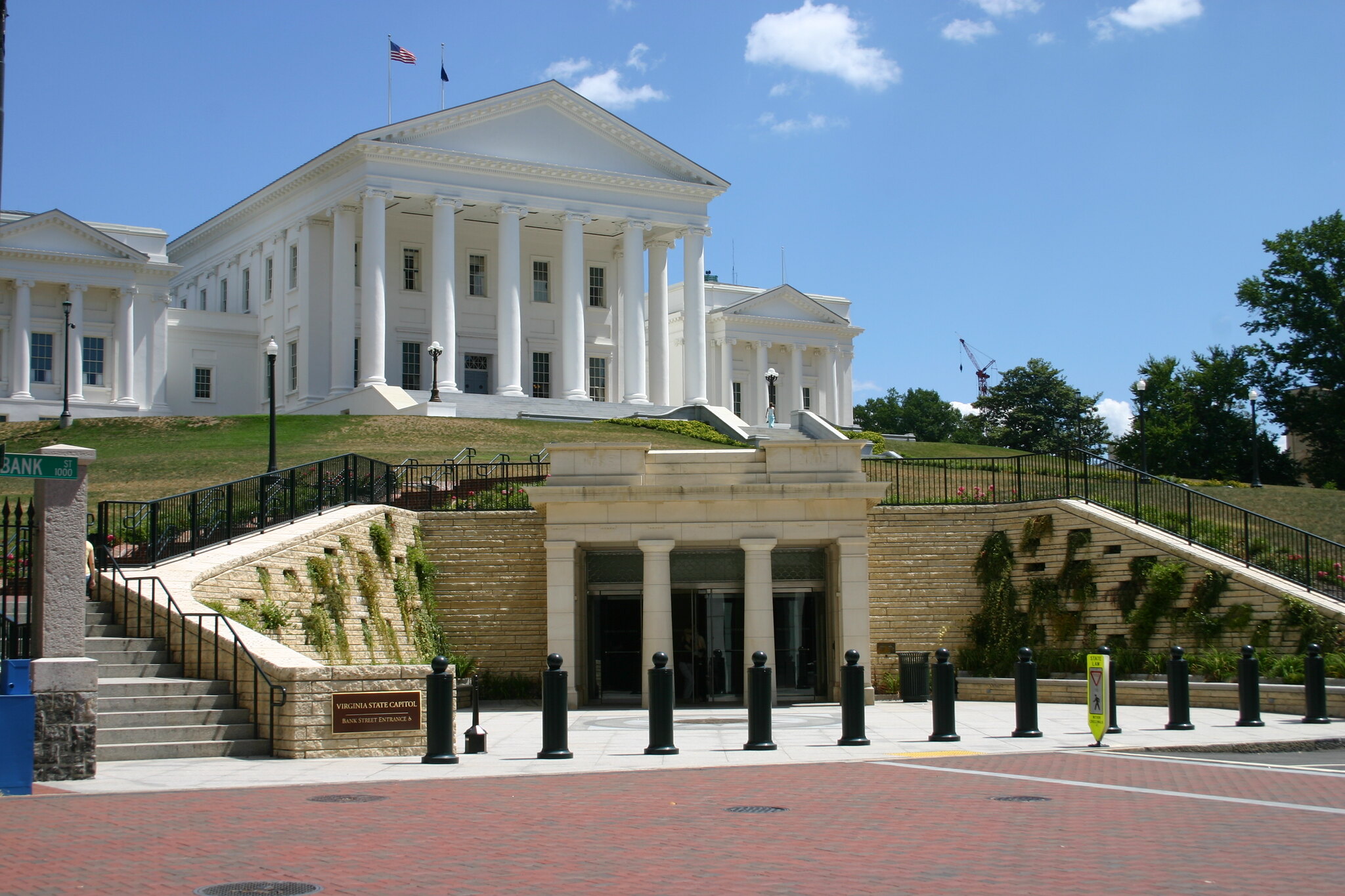
Clean Water Action is a national grassroots organization with 33,000 members in Virginia. We work for clean, safe, and affordable water, whether in the streams, rivers or Chesapeake Bay, or from the tap through grassroots organizing, policy work, and campaigns. Every year, Clean Water members and allies successfully help protect the Chesapeake Bay, open space, farmland, and historic sites during Virginia’s legislative sessions.
We are monitoring legislative priorities related to climate, environmental justice, equitable and sustainable land use and transportation, toxic chemicals and waste, and water. With our allies with the Virginia Conservation Network, we are providing updates and action alerts throughout the session highlighting the most notable bills.
With this year's legislative session entirely virtual, it is so important that members like you write and call your legislators, submit testimony, and support bills by spreading the word!
Action Alert: Healthy Communities and Sustainable Transportation
Sustainable land use steers communities towards efficient, compact, walkable neighborhoods with high quality public transit. Fiscal conservatives and conservationists agree that traditional, car-dependent suburban sprawl is costly to taxpayers through inefficient public services and infrastructure spread over vast areas that results in lower air and water quality, and the loss of historic, cultural, and scenic resources.
The General Assembly adopted legislation in the 2020 session to require larger cities, towns, and counties to consider incorporating strategies to promote TOD as they update their comprehensive plans. Encouraging TOD and better coordination of transportation and land use planning offers multiple benefits. Among other things, it helps meet the growing needs of Virginia’s residents and businesses for greater travel options, reduce traffic congestion, make public transit a viable option for more people, and reduce transportation emissions of greenhouse gases and other air pollutants.
Transit-Oriented Development (HB2054): The General Assembly adopted legislation in the 2020 session to require larger cities, towns, and counties to consider incorporating strategies to promote transit-oriented development (TOD) as they update their comprehensive plans. Encouraging TOD and better coordination of transportation and land use planning offers multiple benefits. Among other things, it helps meet the growing needs of Virginia’s residents and businesses for greater travel options, reduce traffic congestion, make public transit a viable option for more people, and reduce transportation emissions of greenhouse gases and other air pollutants.
HB2054 will promote a more effective and efficient market for TOD, building upon legislation passed last year, by easing parking requirements. Free (subsidized) parking leads to underutilized and inefficient open spaces that could be put to better use in local real estate markets with low car ownership. TOD not only increases the housing supply, but also helps reduce our environmental footprint as more people in TOD neighborhoods choose walking, biking, or transit over the automobile.
Improving Walkability and Bikeability (HB1903/HB2262/SB1263): This series of bills aims to improve pedestrian and bicyclist safety by allowing localities to reduce speed limits, and improving crosswalk visibility.
Transit-oriented communities that are walkable and bikeable with easy access to public transportation have significant environmental, health and economic benefits, including reduced greenhouse gas emissions, air pollution, sprawl development and even water pollution! Mass transit supports healthy waterways because it requires less impervious surface than highways, and less impervious surfaces means less polluted stormwater runoff.
Navigating the 2021 General Assembly: The Virginia Conservation Network created a General Assembly 101 Guide for the 2021 session which gives a comprehensive overview of the General Assembly timeline, how to find and track bills, and how to lobby your legislators during this virtual session. Download the guide here.


